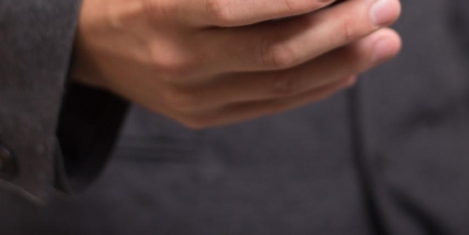To provide the best experiences, we use technologies like cookies to store and/or access device information. Consenting to these technologies will allow us to process data such as browsing behaviour or unique IDs on this site. Not consenting or withdrawing consent, may adversely affect certain features and functions.
The technical storage or access is strictly necessary for the legitimate purpose of enabling the use of a specific service explicitly requested by the subscriber or user, or for the sole purpose of carrying out the transmission of a communication over an electronic communications network.
The technical storage or access is necessary for the legitimate purpose of storing preferences that are not requested by the subscriber or user.
The technical storage or access that is used exclusively for statistical purposes.
The technical storage or access that is used exclusively for anonymous statistical purposes. Without a subpoena, voluntary compliance on the part of your Internet Service Provider, or additional records from a third party, information stored or retrieved for this purpose alone cannot usually be used to identify you.
The technical storage or access is required to create user profiles to send advertising, or to track the user on a website or across several websites for similar marketing purposes.
 The hidden ethical costs of workaholism have been highlighted in a new study led by Aston University and University of Leipzig scholars. Workaholism is an inner pressure to working, that provides a sense of fulfilment but can lead to physical and psychological problems, relationship issues and burnout. The study, published in the Journal of Organizational Behavior, showed that it can interfere with moral self-regulation and subsequent ethical behaviour, particularly in organisations that prioritise bottom-line results and self-interest. (more…)
The hidden ethical costs of workaholism have been highlighted in a new study led by Aston University and University of Leipzig scholars. Workaholism is an inner pressure to working, that provides a sense of fulfilment but can lead to physical and psychological problems, relationship issues and burnout. The study, published in the Journal of Organizational Behavior, showed that it can interfere with moral self-regulation and subsequent ethical behaviour, particularly in organisations that prioritise bottom-line results and self-interest. (more…)
































July 16, 2024
Put on your own mask first: Leadership strategies for stress management and emotional resilience
by Bruce Watt • Comment, Wellbeing